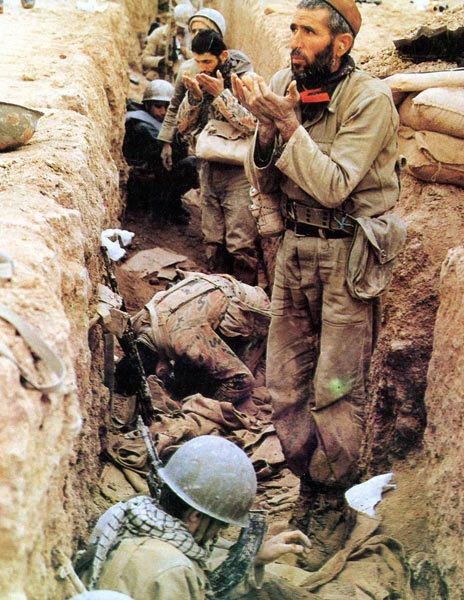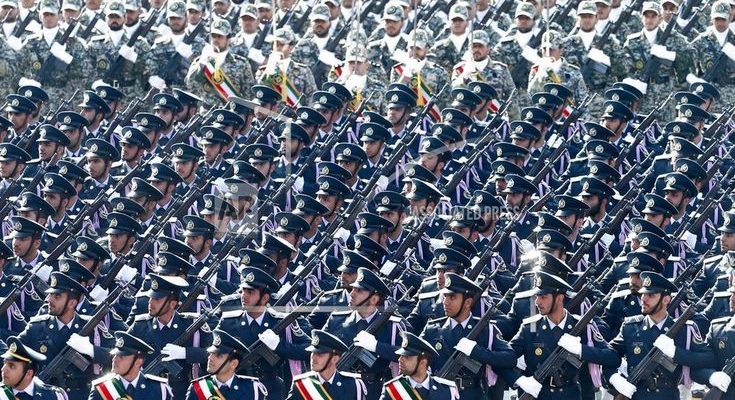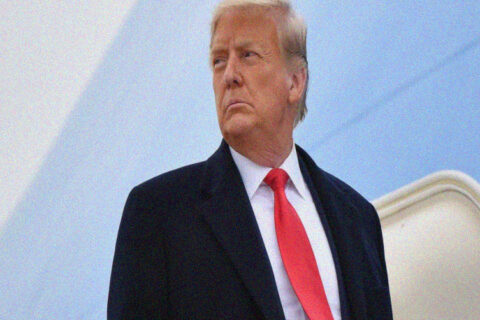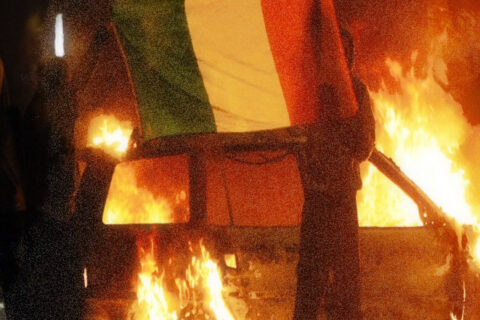The latest occurrence in the ongoing saga of Middle Eastern conflict is the bombing of Saudi Arabia’s largest oil processing facility and accompanying oil field. After an initial bump in the price per barrel, the cost has returned to about the same level as before the attack. This is in large part due to a quicker than expected recovery in the production capacity of Saudi Aramco after the September 14th attack. Ostensibly, a ceasefire agreement in Yemen is also in part responsible for the normalization of oil prices. What hasn’t yet stabilized are the ongoing tensions in the region between Iran and its neighbors, namely Saudi Arabia.
The attack on Saudi Aramco consisted of eighteen drones and seven cruise missiles. The Houthi rebels in Yemen claimed responsibility for the attack, but Saudi Arabia has placed the blame on Iran, citing the precision of the attack. Iran has denied coordinating this attack, but most European leaders remain convinced they perpetrated it. This attack is just another aggression in a monotonous pattern of war in the region.
The tensions between Iran and Saudi Arabia are most directly linked to the situation in Yemen. This conflict was initiated way back in 2012 when the leader of Yemen, Ali Abdullah Saleh, was deposed from power during the Arab Spring. He subsequently allied himself with the Houthi rebels in a bid to take back power from the newly installed government of Abed Rabbo Mansour Hadi. The rebels and Saleh succeeded in capturing the capital of Sanaa and de facto control of Yemen. Since this time, a US backed coalition of Saudi Arabia and the UAE have been waging war on the Houthi rebels whilst protecting Hadi in Saudi Arabia.
Whether or not the Houthi rebels, or Iran itself, executed the attack is less important than the pattern congruent with this part of the world. Antagonism between Shia and Sunni Muslims seems to be the common theme in many of these conflicts. Iran is a majority Shia nation, whilst Saudi Arabia is majority Sunni. These two entities have been mired in a cold war with one another since the dissolution of the Imperial State of Iran during the revolution in 1979. The revolution caused panic in Saudi Arabia as the revolutionaries indicted the monarchies in the region, calling for them to be abrogated in favor of republics. This was especially threating to Saudi Arabia who had a significant population of Shia Muslims. Before the revolution, these two nations had been part of Nixon’s twin pillar policy in the Middle East, with the stated objective of protecting against Soviet influence.

Since the revolution, there have been several escalations that have augmented the enmity between Iran and Saudi Arabia. The most glaring of these was Saudi Arabia’s support of Saddam Hussein in the Iran-Iraq war, which was an attempt to crush the fledgling republic before its virulence could affect its neighbors. The United States, light of freedom and democracy, also supported Saddam in his endeavor. This conflict caused hundreds of thousands of deaths and Iran to pursue a nuclear weapons program. In the 2017 Tehran attacks, terrorists belonging to ISIL killed 17 and wounded 43 in an attack on the Iranian parliament building. The Iranian Revolutionary Guard Corps issued a report that Saudi Arabia was behind these attacks and intimated that they were conducting operations in Iran. There are other provocations too numerous to list here.
As it stands, the two nations are vying for dominance in the region. Saudi Arabia has allied itself with Israel, who is also involved in a cold war with Iran. The United States, which was previously taking a more reconciliatory approach to the conflict, has asserted its support for Saudi Arabia and Israel. This deepening of support is evident in the withdrawal from the Iran nuclear agreement. Current US foreign policy dictates that a new more restrictive agreement to replace the JCPoA must be reached before sanctions will be lifted.
These sanctions are putting more pressure on an already volatile mixture brewing in Iran. These sanctions have caused the oil exports from Iran to drop to a diminutive size and inflation to reach near 40%. Behold the power of the petro-dollar. The carrot of a 15-billion-dollar line of credit has been dangled before Iran by Emmanuel Macron. However, this would require Blonald Blormf’s signature and is contingent on compliance with a nuclear deal.
The United States has so far managed to keep from being dragged into another forever war in the Middle East. But the current posturing going on by the administration and the draconian sanctions enacted on Iran are putting all that in jeopardy. The United States seems to have a pathological need to interfere with sovereign nations and make overtures that amount to an act of war. This stance has been adopted to appease Our Greatest Ally and to maintain influence in the region. I don’t think the powers to be can afford to have Iran assume the mantle of the most powerful and influential nation in the region. The United States would lose its ability to oversee the economic and political operations in the region and maintain that part of its shadow empire.
-By Dixie Anon

O I’m a good old rebel, now that’s just what I am. For this “fair land of freedom” I do not care at all. I’m glad I fit against it, I only wish we’d won, And I don’t want no pardon for anything I done.






Yes, absolutely critical that Trump not be reelected or he will start another war in the Middle East on behalf of the Jews.